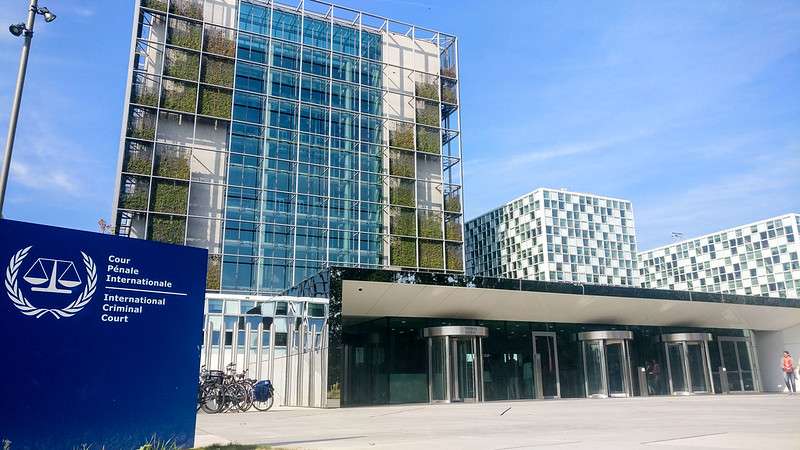This article is cross-posted at Lawfare. On March 6, the Office of the Prosecutor of the International Criminal Court (ICC) published a draft Policy on cyber-enabled crimes, which is now open for public consultation. States and non-state actors are increasingly using advanced cyber tools, including artificial intelligence (AI), to commit or facilitate crimes against international law. This happens both in peacetime situations and especially in wartime. The incidence of such potentially criminal use of new technologies will only be on the rise, and it requires a response. The draft Policy is part of that response, explaining both how the Office will interpret the provisions of the Rome Statute of the ICC in a cyber context and what practical measures it will adopt when conducting its investigations and prosecutions. All legal systems must adapt to challenges posed by new technologies, including cyber and AI. There are various processes through which this kind of adaptation can be done. One such process—legislative action—is exceptionally difficult in the international legal system, especially in a political climate that…
Cyber Warfare
Page 1 of 7
A general obligation of due diligence in international law?
Recently, arguments have emerged that a universal source exists from which it is automatically possible to derive binding due diligence obligations for states in relation to all forms of activities. Specifically, these claims contend that international law imposes a general obligation on states to act with due diligence to prevent their territory being used for activity which harms…
The African Union’s Statement on the Application of International Law to Cyberspace: An Assessment of the Principles of Territorial Sovereignty, Non-Intervention, and Non-Use of Force
A growing number of States have published statements examining the application of international law to cyberspace (for an overview see the Cyber Law Toolkit). On 29 January 2024, the African Union (AU) Peace and Security Council adopted the ‘Common African Position on the Application of International Law to the Use of Information and Communication Technologies in…
Nothing is certain but death and taxes (unless you get hacked): An international law perspective on Ukraine’s cyber attack against Russia’s Federal Tax Service
Talk about bad timing. This week, all international lawyers with a little more than passing interest in all things cyber have their eyes on – or are themselves in – New York. That’s because the UN “Cyber OEWG”, a shorthand for an open-ended working group with a much longer name, is in session to discuss,…
Ukranian ‘IT Army’: A Cyber Levée en Masse or Civilians Directly Participating in Hostilities?
In the days following Russia’s invasion of Ukraine, Ukraine’s Deputy Prime Minister and Minister for Digital Transformation Mykhaylo Fedorov announced in a tweet the creation of an ‘IT Army’. According to reports, as many as 400, 000 people from across the world have joined. A list of targets has been published and…
- Page 1 of 7
- Last
